How Long Does it Take to Recover From a Wildfire?
I want to talk about how long does it take to recover from a wildfire. Wildfires are devastating disasters that often are caused by nature in the form of lightning, or can be human-caused. They can cause significant damage to forests and ecosystems, as well as pose threats to human lives and properties.
I’m sure many of you have kept up on the recent Maui wildfires. It’s devastation in its purest form and I feel terrible for everyone suffering as a result. 11 Ways You Can Prepare for a Wildfire
The world is praying for families who have lost loved ones or homes, business owners, stranded tourists, and first responders. May God bless all those involved in bringing that beautiful island back to its natural state. It will take many years, unfortunately.
Once a wildfire is extinguished, the process of recovery begins. However, the time it takes for an area to fully recover from a wildfire can vary depending on various factors. We are talking today about the different aspects of post-wildfire recovery.
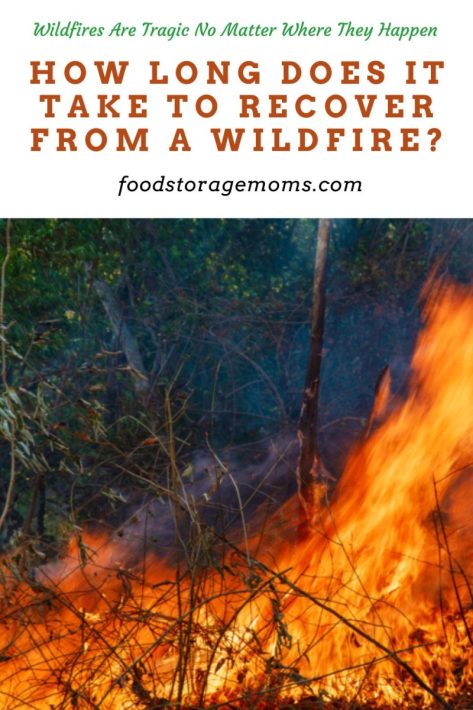
Understanding Post-Wildfire Recovery
Forests have an incredible ability to bounce back after a wildfire. Many plant species have evolved to survive and even thrive in fire-prone environments. Some trees, such as certain pine species, have adapted to rely on fire for their seed dispersal.
These trees produce cones that remain sealed until exposed to intense heat, at which point they release their seeds and initiate new growth (which is really good news).
Factors Affecting Recovery Time
Several factors influence the length of time it takes for an area to recover from a wildfire:
- The severity of the Fire: The severity of the fire plays a crucial role in determining the recovery timeline. Low-intensity fires, also known as prescribed fires or controlled burns, are intentionally set to mimic natural wildfires and can have positive effects on forest health. These fires burn off accumulated fuel loads like leaves, dead branches and trees, and other debris. This is done as a means of mitigation of worse and more catastrophic fires and promoting new growth and reducing the risk of more frequent fires. High-intensity fires, on the other hand, can cause extensive damage and may require longer recovery periods.
- Ecosystem Type: Different ecosystems have varying levels of resilience and regenerative capacity. For example, grasslands and chaparral ecosystems tend to recover relatively quickly due to their adaptability to fire and their ability to support regrowth. Forests with complex tree communities and sensitive soil conditions might take longer for the timber desired to recover fully.
- Climate Conditions: Climate conditions, including temperature, humidity, precipitation, and seasonal patterns, can influence post-wildfire recovery. Adequate rainfall following a fire can help jumpstart the regeneration process by providing moisture for new seedlings to germinate and grow and speed up the rehabilitation process.
- Soil Characteristics: The condition of the soil is a critical factor in determining recovery time. Forest soils are rich in organic matter and nutrients, which can be depleted or altered by intense fires. It may take several years for the soil to regain its fertility and support the stability and growth of new vegetation. The local landscapes make a significant difference too. Steep terrain can be difficult to maneuver and moisture more easily creates runoff rather than supporting the new plants.
- Human Intervention: Human intervention, such as post-fire management strategies and ecological restoration efforts, can significantly impact the recovery process. Implementing measures like reforestation, erosion control, and invasive species management can help accelerate recovery and restore ecosystem functions. Human efforts are so important and it’s vital to helping post-fire recovery.
What needs to recover after a wildfire?
- Forest floor recovery
- Wildlife habitat
- Plant growth
- Water quality
- Dead tree removal
- Forestation recovery through replanting implementation
- The healing process for everything
- Time for native species to grow back
- Soil samples will need to be taken
- There will be a series of post-fire suppression repair efforts put in place.
Recover From a Wildfire: How Long?
Wildfires can cause immense destruction, leaving communities devastated and individuals grappling with the aftermath. While recovering from a wildfire is undoubtedly challenging, it is possible to rebuild and restore with the right approach.
1. Prioritize Personal Safety
The first step in the recovery process is to ensure personal safety. If you have been affected by a wildfire, check yourself and others for injuries and seek medical attention immediately. Follow safety guidelines provided by local authorities before returning to your property.
2. Contact Relevant Authorities
It is crucial to inform local authorities about your safety and current situation. Register with disaster response agencies to receive support and updates regarding available resources and assistance. This will help you stay connected and informed throughout the recovery process.
3. Assess Property Damage
Once it is safe to do so, assess the damage to your property. Document the extent of the destruction by taking photographs or videos for insurance purposes. This evidence will be valuable when filing insurance claims and seeking financial assistance. 20 Ways to Step Up Security Measures Around Your Property
The aftermath of the wildfires may persist for an extended period. The burned area near your home may become subject to landslides later on, particularly in higher elevations and where the terrain is very steep.
If your property is part of a watershed-designated area, close to a local trail system, or other designation that benefits the public at large, the efforts of government agencies may be expedited.
4. Communicate with Insurance Providers
Contact your insurance provider as soon as possible to report the damage and initiate the claims process. Provide them with all the necessary documentation and evidence of the damage, such as the photographs and videos you captured during the assessment. Keep records of all communication with your insurance company for reference. Communication Options for Your Family During a Disaster
5. Seek Temporary Shelter
If your home is uninhabitable due to the wildfire, seek temporary shelter with friends, and family, or at designated evacuation centers. Local emergency services can provide information on available resources and support for temporary housing. 7 Ways to Build a Survival Shelter
Even though your home might not have experienced direct fire damage, there may be smoke damage as the winds pushed the ash and related smoke your way. If that’s the case, it may not be safe to stay in your home until the smoke damage is remediated.
6. Address Immediate Needs
During the recovery phase, it is important to address your immediate needs. Ensure that you have access to essential items such as food, water, clothing, and medications. If needed, reach out to local organizations, charities, or government programs that provide assistance to wildfire victims. 50 Practical Skills Everyone Needs to Know
7. Connect with Support Networks
Recovering from a wildfire is not a journey you should undertake alone. Reach out to friends, neighbors, and community organizations for support, both mentally, physically, and financially. Share your experiences, offer support to others, and explore available resources together.
This sense of community can provide strength and encouragement during the recovery process. Local governments and community members will be super important in recovering from a traumatic event like this, even though it may take an extended period to repair local infrastructure. What You Need In A Community To Survive
8. Obtain Financial Assistance
Recovering from a wildfire often comes with significant financial burdens. Explore financial aid programs that can help cover immediate expenses and assist in rebuilding efforts. Check with local and national relief funds, non-profit organizations, and government agencies for available support.
Whether it’s nonprofit organizations or the Federal Emergency Management Agency, both can be helpful in helping you find financial assistance. If there has been a state or national emergency declared, your chances for financial support are increased. Be patient, it may take some time for reimbursement(s).
9. Dealing with Emotional Impact
Wildfires can leave lasting emotional scars. It is important to address the emotional impact and seek counseling or therapy if needed. Connect with support groups or community resources specifically designed to help individuals cope with the aftermath of a wildfire. Taking care of your mental well-being is crucial during the recovery process.
10. Rebuilding and Restoration
Once the immediate needs have been addressed, it’s time to focus on rebuilding and restoration. Work with professionals, contractors, or insurance adjusters to plan and execute the rebuilding process. Familiarize yourself with local building codes and safety regulations to ensure that the reconstruction is done properly and safely. Should We Rebuild After Natural Disasters?
What causes wildfires?
Whether it’s, higher temperatures, drier climate and dry drought conditions, global warming, or climate change, there are many reasons for causes of wildfires. The whole country, but particularly the western states, have experienced drier conditions in the past few years.
In Hawaii this past week, the wildfire spread so fast due to the extremely high winds from a nearby hurricane. The tree species or certain shrubs in your area may prove to be more prone to fires, but in some cases can act as barriers.
More Tips to Check Out
- 10 Things to Keep in Your Fire Safe Box
- Fire: How Can I Prevent One In My Home
- First Aid for Outdoor Adventures
- Hurricane Items You Must Have Before It Hits
Final Word
Recovering after a devastating wildfire is a challenging process. I’m hoping we can all come together and help those affected by the recent wildfires. Have you ever been through a wildfire? How did your family recover? I would love to hear your thoughts. May God Bless this World, Linda
Copyright Images: Wildfires Trees Burning in a Forest Depositphotos_94221276_S, Wildfires Rain Forest Fire Depositphotos_403937540_S

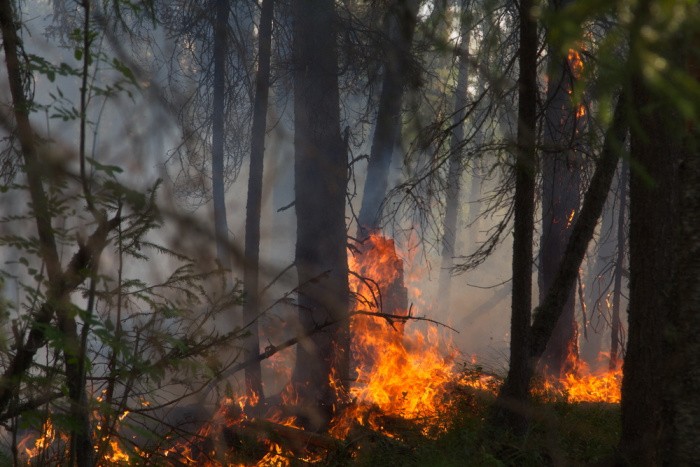


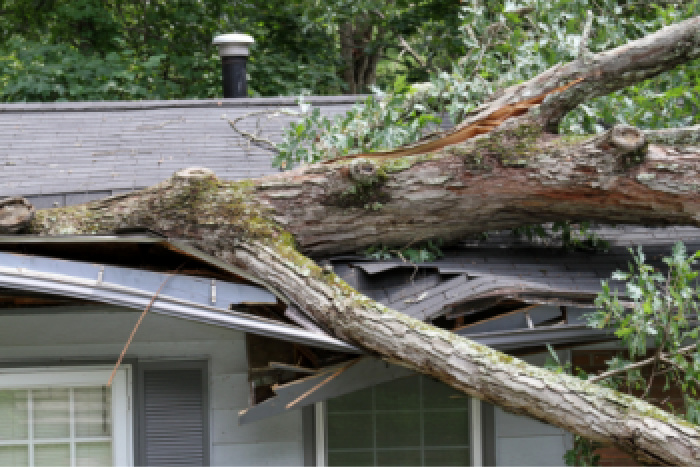
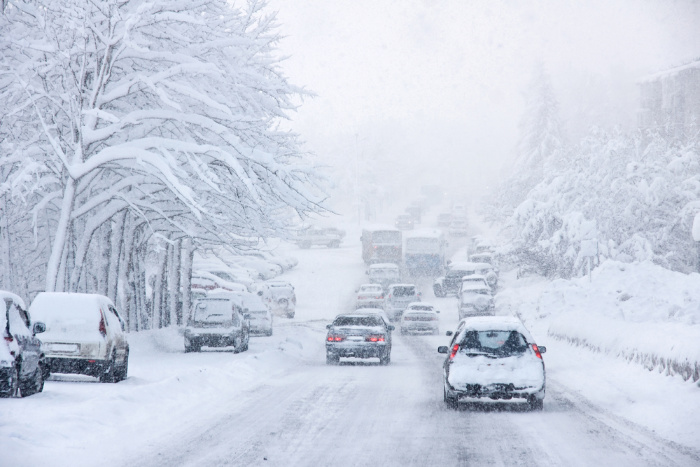
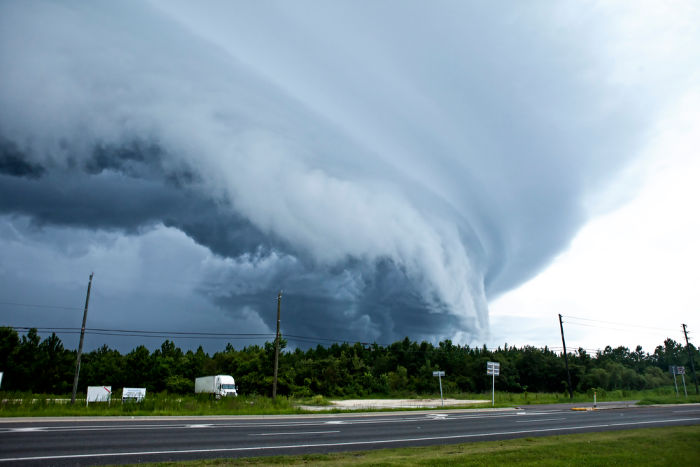
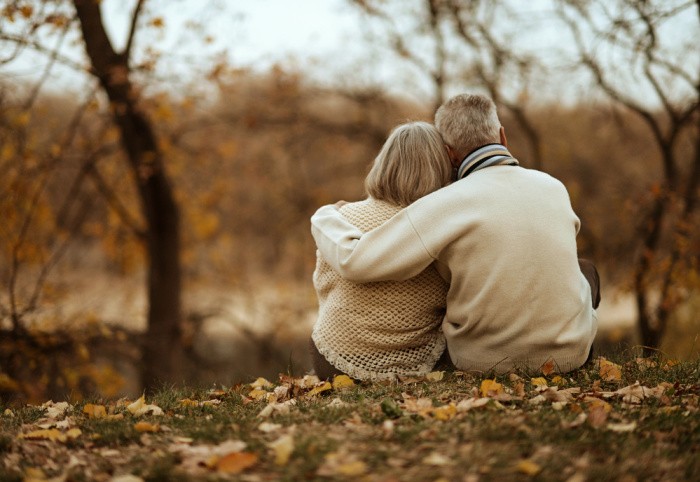
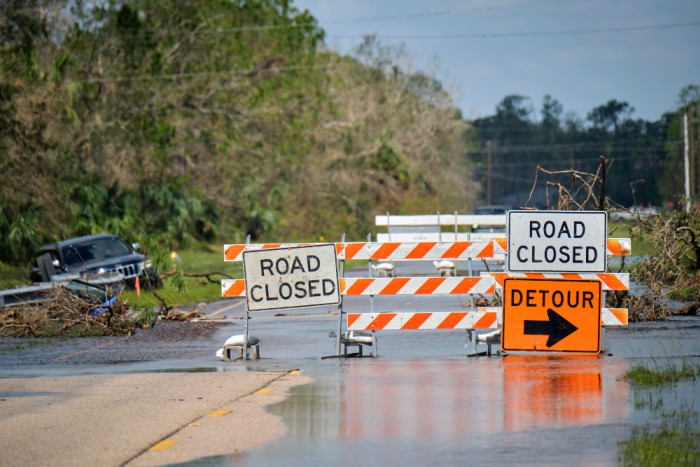

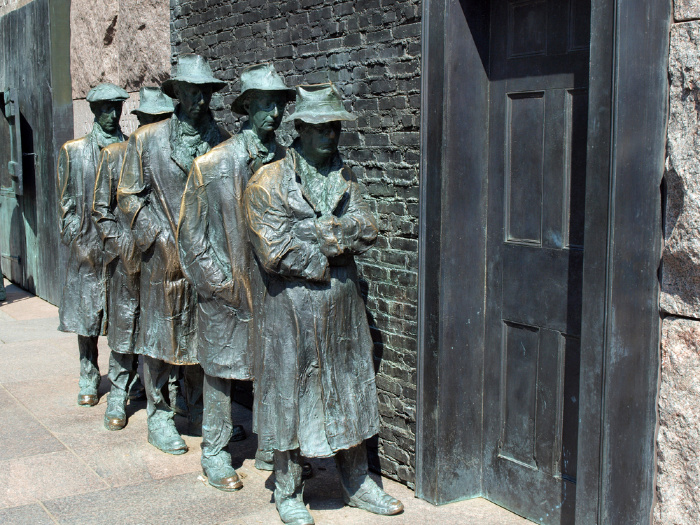



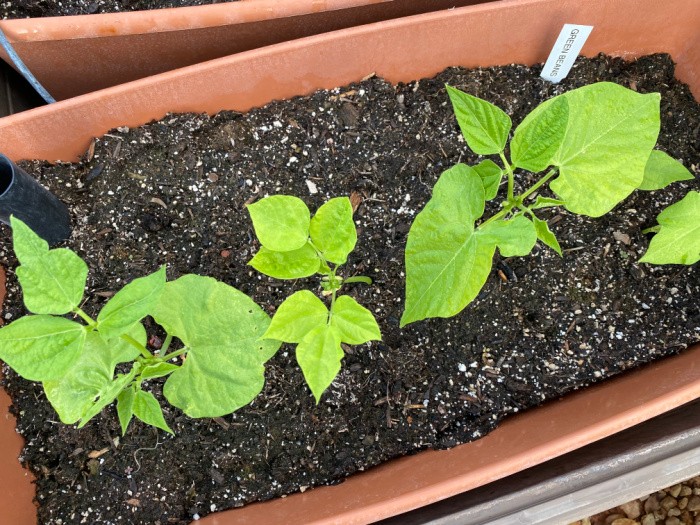

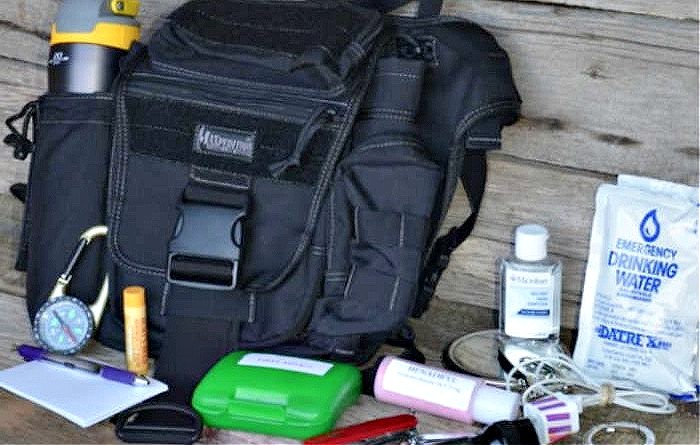

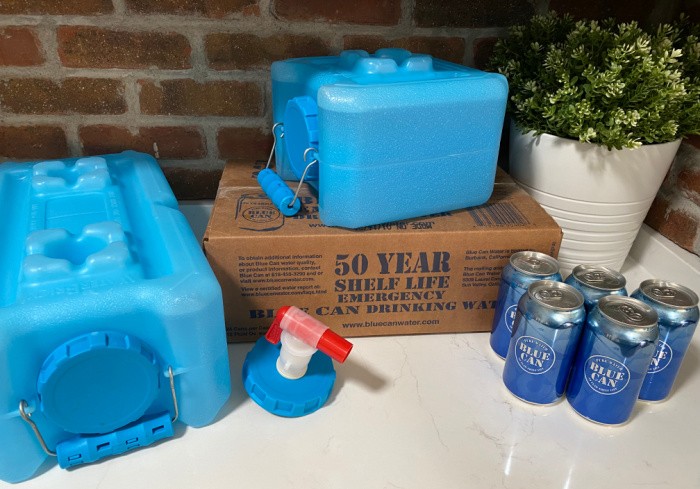
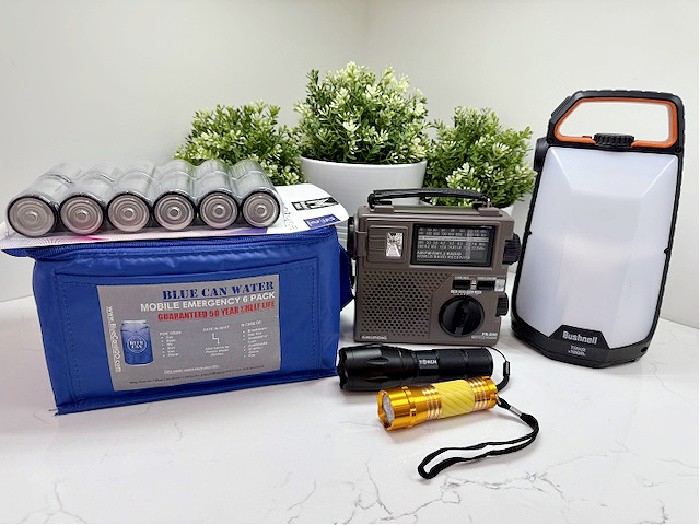
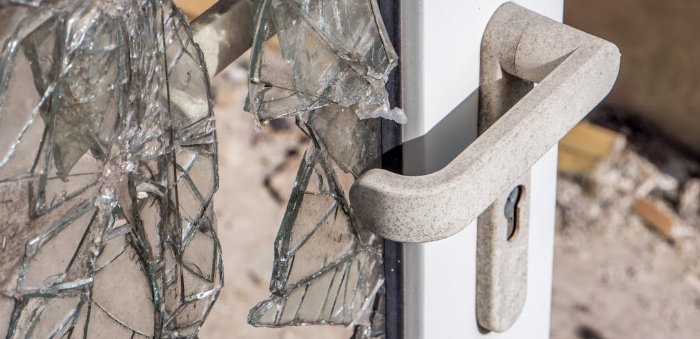

Kelly and I devastated at what happened in Lahaina, as well as all the other fires. This one is especially personal as we’re there every year. We knew every inch of what burned in that town. It’s horrible for all homeowners, the businesses, etc., but what hurts the most for us is the museums with all that history dating back to the 1700’s. That is totally irreplaceable on so many levels. The Camp Fire in Paradise, CA was personal, too. Fire scares me the most! You can’t control others and while we aren’t in the woods, we do have alot of sagebrush/desert land near us that could potentially wipe out where we live. Time to update my bugout bags, lists, etc….provided we have warning and time, unlike Lahaiana!
Hi Robbie, I heard today on the news (if this is accurate), they test the emergency sirens every month to make sure they are working. Well, the electricity went out and they didn’t go off. The fire happened so fast, that no one was warned. The cell towers didn’t work so people did not receive the text messages to evacuate. The news anchor mentioned tsunami’s are expected more often than fires ever are. So this was a shock to all. People started smelling smoke and then the roads were blocked and they had to jump into the ocean to save their lives. This is so tragic, it’s my very favorite island to visit. Movies stars own acres of land with homes 10-20 miles from where the fires started. It’s like you said, history from the 1700’s, will never be restored or recovered. This is so awful for the people who live there as well as the tourists they depend on for income. Linda
Don’t wait on the government to tell you to bug out. Just go.
Hi Matt, this is so true! The news anchor mentioned if people had been watching the news or looked at their cell phones (if they worked) they may have known the severity of this fire and that the hurricane just accelerated the fire. Just go is so right, this is why we keep our gas tanks full, be ready at all times to evacuate. Linda
Yeah I’ve no idea what was or wasn’t and I ain’t blaming no one. Even here in Oklahoma we don’t wait for the tornado sirens. We go when we feel, worry or think it might happen. Twice in the last 5 years the tornado was already on the ground near us by the time the siren sounded. You’ll die waiting on the government to make a decision.
Hi Matt, I totally agree, we weren’t there, so we have no idea what happened. I’m with you don’t wait for the government to make a decision, if you feel the need to evacuate, do it. If the power is out or the cell towers are wiped out, there is no notification coming to us. On the news today, they said the cell towers were burned so fast that they have had to bring in temporary cell towers just so people can let family members know they are okay. So sad. Linda
I could not agree more with Matt and you, Linda. Don’t wait–doing so can get you killed.
You are right about the recovery time being dependent on the severity of the fire, but even if a fire is allegedly hot enough to sterilize the soil mother nature can surprise you. When my dad’s home burned down in the Hayman Fire it got so hot aluminum from his car collection melted and flowed like water. Automobile safety glass melted too. The Forest Service people said temps had to reach more than 1100F for that to happen. They predicted it would be decades before his property recovered enough to support trees.
The very next year fireweed and other flowers popped up and grew. The following year Aspen appeared along with a few Pondersoa Pine seedlings. Now, almost twenty years after that fire there are decent size 8″ diameter pines amid the aspen groves on his place. Are they the beautiful 24″ and larger diameter, 60′ tall Ponderosas the fire took? No, but the recovery is happening faster than predicted.
The same can be said for the Yellowstone fire.
The main reason wildfire in CA and Canada are so bad is because we put out all the natural fires that occurred for decades, allowing the undergrowth to explode. Do we need to protect people’s homes? Sure, but we also need to allow mother nature to perform as she has for millions of years.
HI Ray, oh my gosh, thanks for sharing about your dad’s home in the Hayman fire. I can’t even imagine seeing a fire like that one! What a bonus when you saw the recovery a sprout or two at a time. What a blessing the trees have come back, this is an awesome story, thanks for sharing! I have heard in California a lot of insurance companies are no longer going to insure new clients because of the fires as well as the looting, stolen cars, etc. Linda
Now the looters and real estate vultures are hitting them. Thugs in masks and thugs in suits trying to steal what’s left.
Hi Matt, thugs in masks and looters in suits, yikes??? Are you talking about Maui? I hadn’t heard that, although it doesn’t surprise me. This is so sad. Linda
I saw that! I can’t believe anyone would take advantage of someone in these situations. After Covid happened, I have learned that anything can happen at any time and it’s important to be prepared at any moment. I learned a lot living through my first serious hurricane last year. We have a lot of stuff to be prepared, but we sure could be even more prepared for all the crazy stuff happening!
Even the governor of Hawaii is trying to take advantage and get the land for the state. He said it right on tv. It’s on youtube.
Danger comes from many directions
Hi Matt, I saw that as well. The news interviewed a professional wave surfer, Kai Lenny over there and he said no one from the government has shown up to help. The island has pulled together to help one another. This is really sad to hear. Linda
Hi Jess, I call those learning curves, after a disaster we know what we need next time. Great comment, Linda